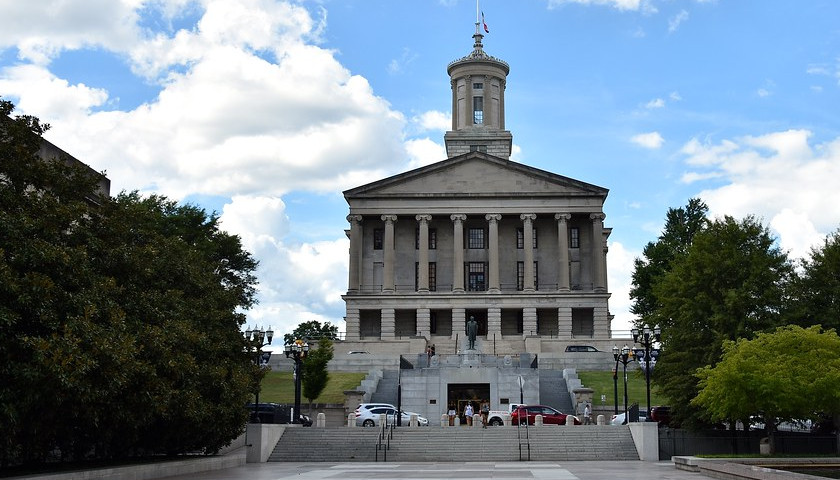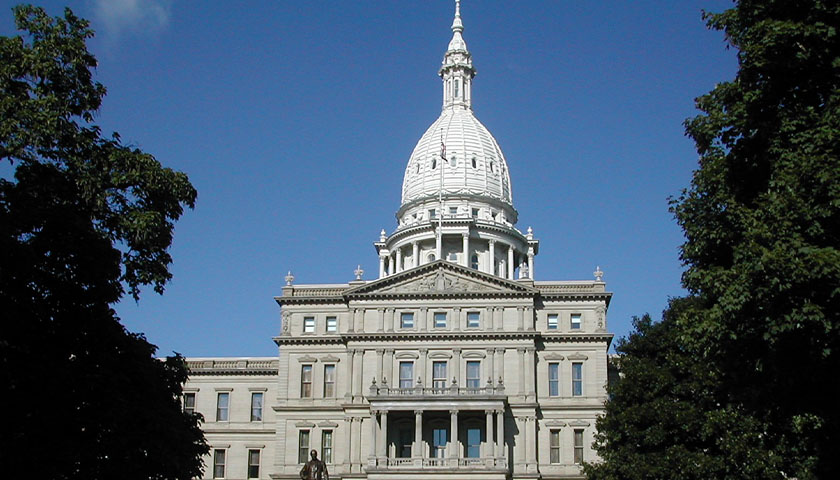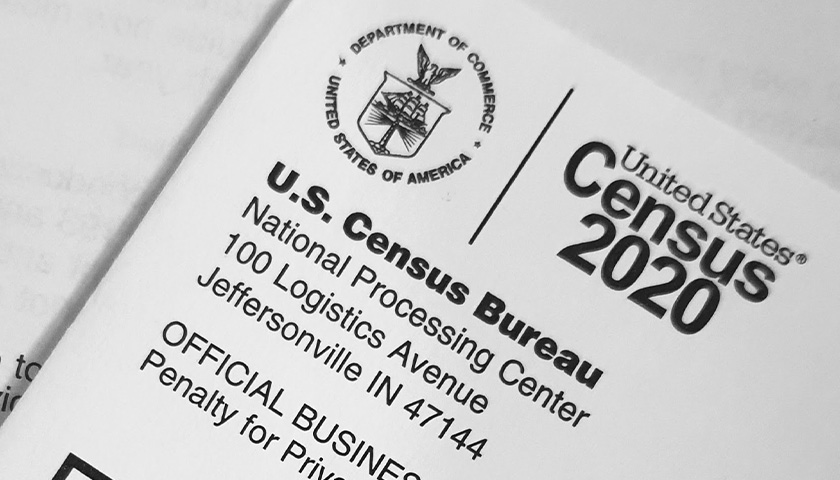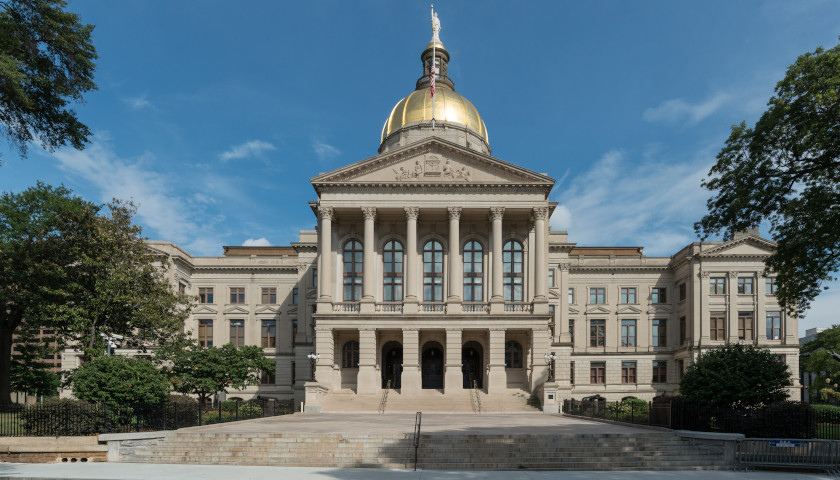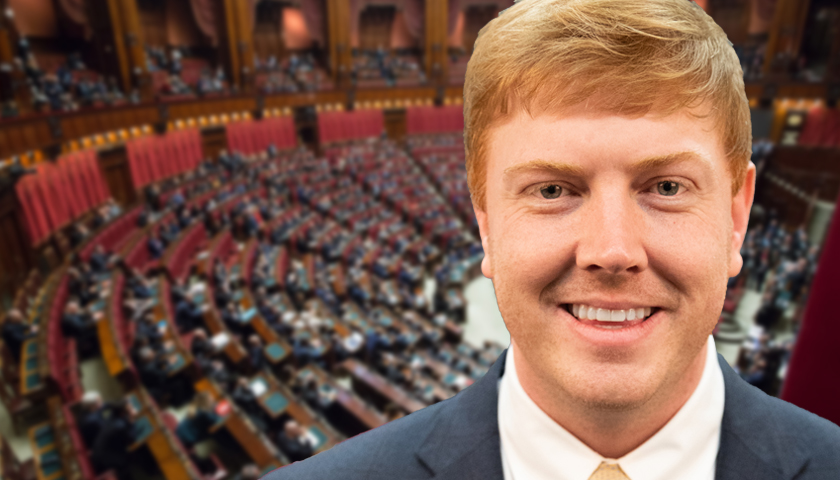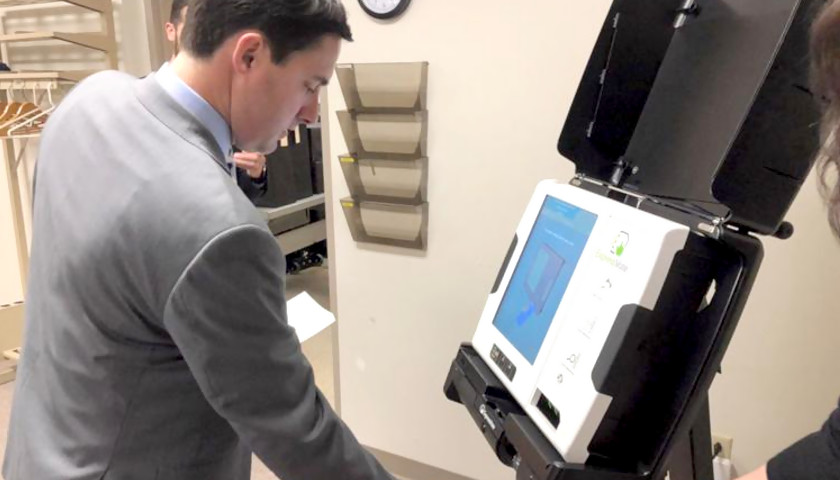Gov. Gretchen Whitmer on Friday announced the state health department will align its policy with the U.S. Centers for Disease Control and Prevention’s latest guidance on face coverings starting Saturday at 9 a.m.
“For more than a year, we’ve been following the best data and science to slow the spread of COVID-19 and save lives,” Whitmer said in a statement. “The vast majority of us have trusted the scientists and experts to keep us safe during the pandemic, and it has worked. With millions of Michiganders fully vaccinated, we can now safely and confidently take the next step to get back to normal. The message is clear: vaccines work to protect you and your loved ones. If you have not yet received your vaccine, now is the time to sign up. This pandemic has been one of the toughest challenges of our lifetimes, but we came together as a state to persevere. We have all been working incredibly hard toward getting back to some sense of normalcy, and today’s news makes all of that work worthwhile.”
On Thursday, the CDC released updated guidance recommending “fully vaccinated people no longer need to wear a mask or physically distance in any setting, except where required by federal, state, local, tribal, or territorial laws, rules, and regulations, including local business and workplace guidance.”
Read the full story














